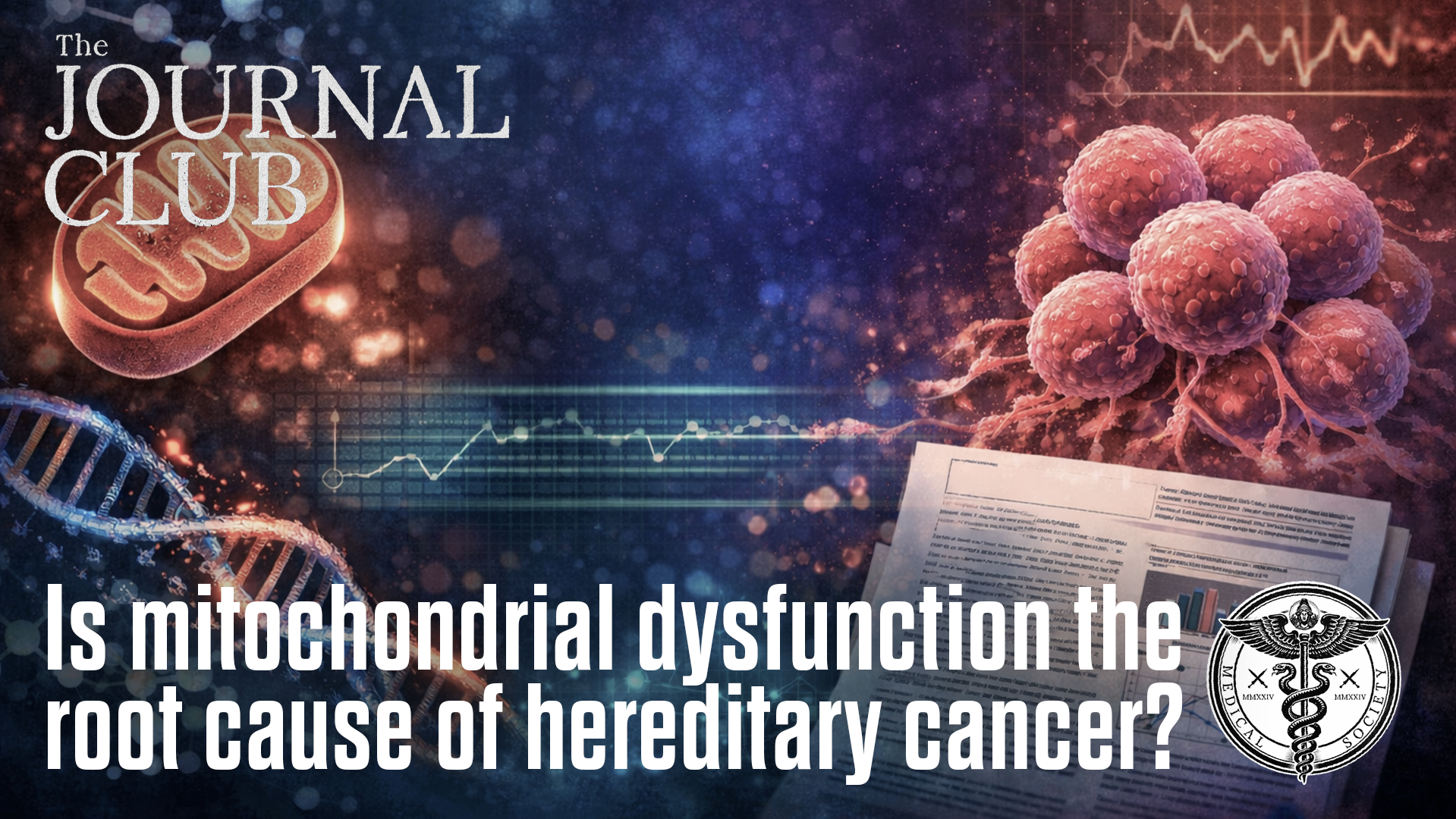This two-day lecture series, held on January 11th and 12th, explored the foundational ideas in scientific irrationalism, focusing on David Stove’s critique of modern philosophical trends and the application of Bayes’ Theorem in scientific reasoning. Topics included the pitfalls of statistical misuse, such as the inverse fallacy and the misuse of p-values. These resources serve as a guide for further exploration of the ideas discussed. Through these works, we see the critical relevance of logical rigor in maintaining the reliability of science. Below are key references from the event, with a brief description of their importance in the context of the lectures.
Core Sources
1. Scientific Irrationalism by David Stove
This book critiques the rise of irrationalist tendencies in modern philosophy, particularly those that challenge the rationality and objectivity of science. Stove’s arguments form the cornerstone of this lecture series, emphasizing the importance of induction and logical consistency in scientific inquiry.
2. Probability Theory: The Logic of Science by E.T. Jaynes
Jaynes’ work offers a comprehensive framework for understanding probability as an extension of logic, challenging frequentist approaches. His principles underpin many discussions in this series, particularly in demonstrating the practical utility of Bayesian reasoning in scientific methodology.
Foundational Thinkers
David Hilbert & Richard Cox
These figures provide critical insights into the foundations of probability and its role in inference. Their contributions help contextualize Bayesian probability as a rational alternative to traditional significance testing.
Gerd Gigerenzer: “Mindless Statistics”
Gigerenzer’s essay critiques the over-reliance on statistical rituals, such as p-values, that have become entrenched in scientific research. His work resonates strongly with the lecture’s theme of challenging “mindless” adherence to flawed methodologies.
David Bakan: The Test of Significance in Psychological Research (1966)
Bakan’s seminal critique of significance testing in psychology highlights the inverse fallacy—interpreting p-values as direct evidence of a hypothesis. His analysis remains a pivotal point in understanding the replication crisis.
Additional Resources for Exploration
Charles Lambdin: “Significance Tests as Sorcery: Science is Empirical” (2012)
Lambdin argues that significance tests often act as magical rituals rather than empirical evidence, aligning with Stove’s view that modern science risks veering into irrationalism.
David Trafimow & Michael Marks: “Editorial” in Basic and Applied Social Psychology (2014)
This editorial is famous for banning p-values in their journal, making a bold statement about the limitations of significance testing and sparking widespread discussion in the scientific community.
Ronald L. Wasserstein & Nicole A. Lazar: “The ASA Statement on P-Values” (2016)
Regina L. Nuzzo
Jum Nunnally
Greg references this in his talk as an example of a poor description of p values.
Further Exploration
David Stove
- Probability and Hume’s Inductive Skepticism (1973)
- The Rationality of Induction (1986)
William M. Briggs
- Uncertainty: The Soul of Modeling, Probability & Statistics (2016)
- The Replacement for Hypothesis Testing (2019)
Gerd Gigerenzer
- “Mindless Statistics” (2004)
- “Surrogate Science: The Idol for a Universal Method for Scientific Inference” (2015)
- “Statistical Rituals: The Replication Delusion and How We Got There” (2018)
Let's start with the truth!
Support the Broken Science Initiative.
Subscribe today →
3 Comments
Leave A Comment
You must be logged in to post a comment.
recent posts
A Conversation with Bruce Edwards on Metabolism, Community, and the Road to Health
Journal Club: February 5, 2026
When number-chasing replaces treating the root cause




Thank you for an incredible weekend of learning.
Hope to be at the next one!
I would love to be at the next one! Looks and sounds amazing.